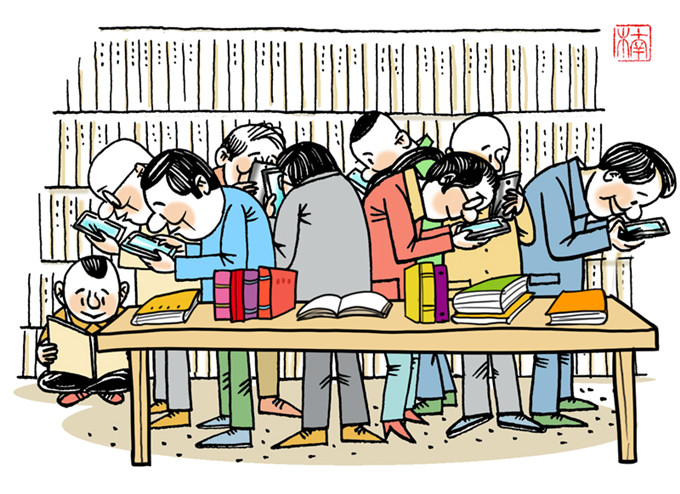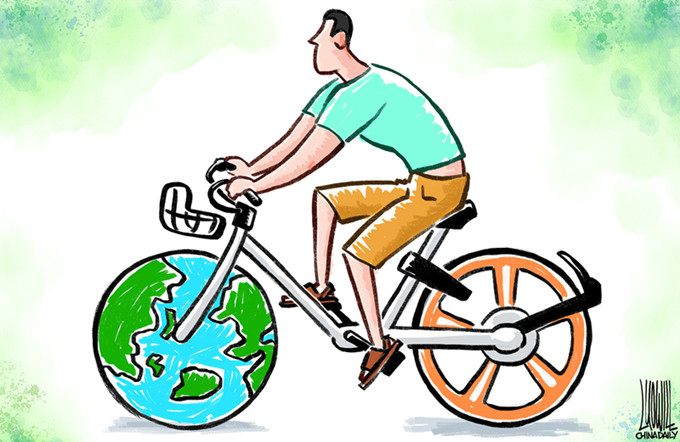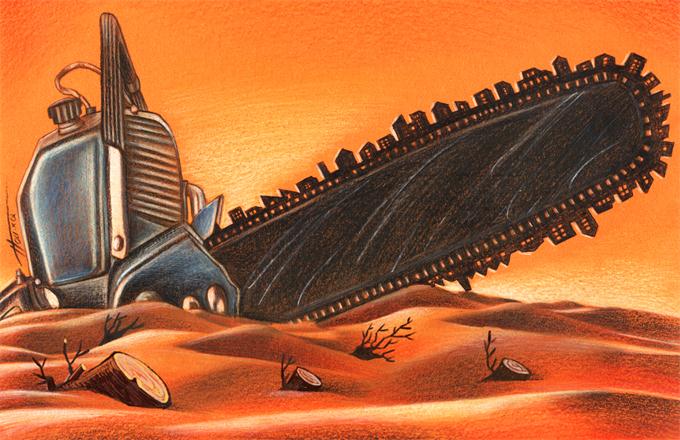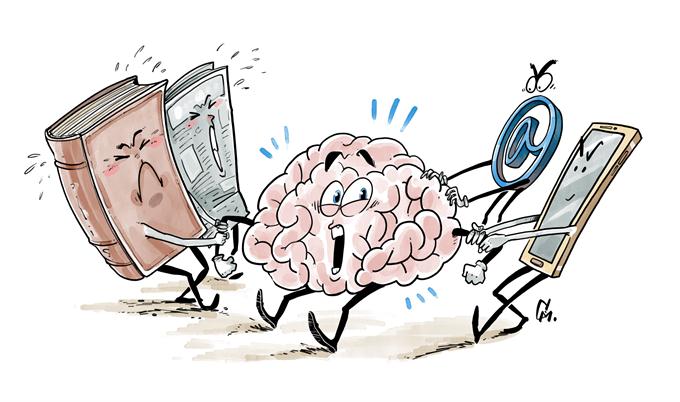Where have all the good Samaritans gone
A passerby helps an old man who was hit by a car, in Beijing, Sept 9, 2014. [Photo/IC]
Editor's note: A woman was knocked down twice by vehicles in Zhumadian in Central China's Henan province without any pedestrian or motorist coming to help her in April, sparking a heated debate on citizens' social responsibility recently. Following are the views of two media commentators on the tragedy:

New law could inspire good Samaritans
On April 21, a speeding taxi knocked a pedestrian off her feet in Zhumadian, Central China's Henan province, sending her hurtling through the air. Many people either stood gawking or walked past the spot, pretending that the young woman sprawled on the street didn't exist. One minute later, a speeding SUV ran over the woman.
After a video of the accident surfaced on social media, the initial public reaction was one of outrage directed at the pedestrians and drivers who passed by, refusing to help the injured woman. The indifference of the pedestrians and motorists also sparked a debate on whether we have become cold-hearted to the extent of refusing to lend a helping hand to an accident victim.
China did lack a specific law to protect good Samaritans from being accused of committing an offense while trying to help others. Many countries have laws that hold people accountable for not helping those in need when they could easily have done so. Such laws, of course, are based on the principle of "equal protection" for the victims and the good Samaritans, because a person cannot be expected to risk his or her own life to save another person.
In China, however, there barely occurs a situation when a pedestrian or driver is free of any risk while helping a road accident victim, especially when the victim is lying on a road where almost all drivers seem in a hurry to drive past the accident spot without as much as trying to find out what has happened.
The newly approved Clause 184, added to the General Principles of the Civil Law, says that if someone accidentally causes harm to a person while trying to help him or her, that person will be exempt from civil liability.
This is China's version of a "good Samaritan regulation", which will come into force in October and hopefully will inspire more people to extend a helping hand to those in need.
Liu Changsong, in Guangming Online
Cautious driving can solve many traffic problems
Calling the passers-by and drivers who drove past the accident site heartless is putting the cart before the horse. In fact, the passers-by and drivers called police and emergency hotlines at least a dozen times to seek emergency help for the victims, according to police records. What is indeed condemnable is that no one tried to move the injured woman from the spot before she was hit by the second vehicle.
Besides, the one minute between the first and second time the woman was hit by a vehicle may seem long enough to save a life while watching the video, but not many on the crowded street knew what had actually happened.
The real culprit is the driver of the first vehicle that hit the woman. If that driver had stopped the vehicle and offered help to the woman, the tragedy could have been avoided. And that there were no traffic lights on the zebra crossing where the accident took place is also to blame for drivers not stopping or slowing down to find out what had actually happened at the spot.
Vehicle numbers have risen dramatically in almost all cities in China. Yet many crossroads are still not equipped with traffic lights and jaywalking is common in China. And these factors aggravate road safety risks.
But all is not lost. If all Chinese cities emulate the example of Hangzhou, capital of East China's Zhejiang province, and introduce mandatory provisions of courteous driving, especially at zebra crossings, and require every driver to obey traffic rules, road tragedies might be avoided. Though both drivers and pedestrians in Hangzhou need a little more time to reach their destinations, all residents in the city praise the local government for its constructive move that has made vehicular traffic safer.
Wei Yingjie, in Qianjiang Evening News


















